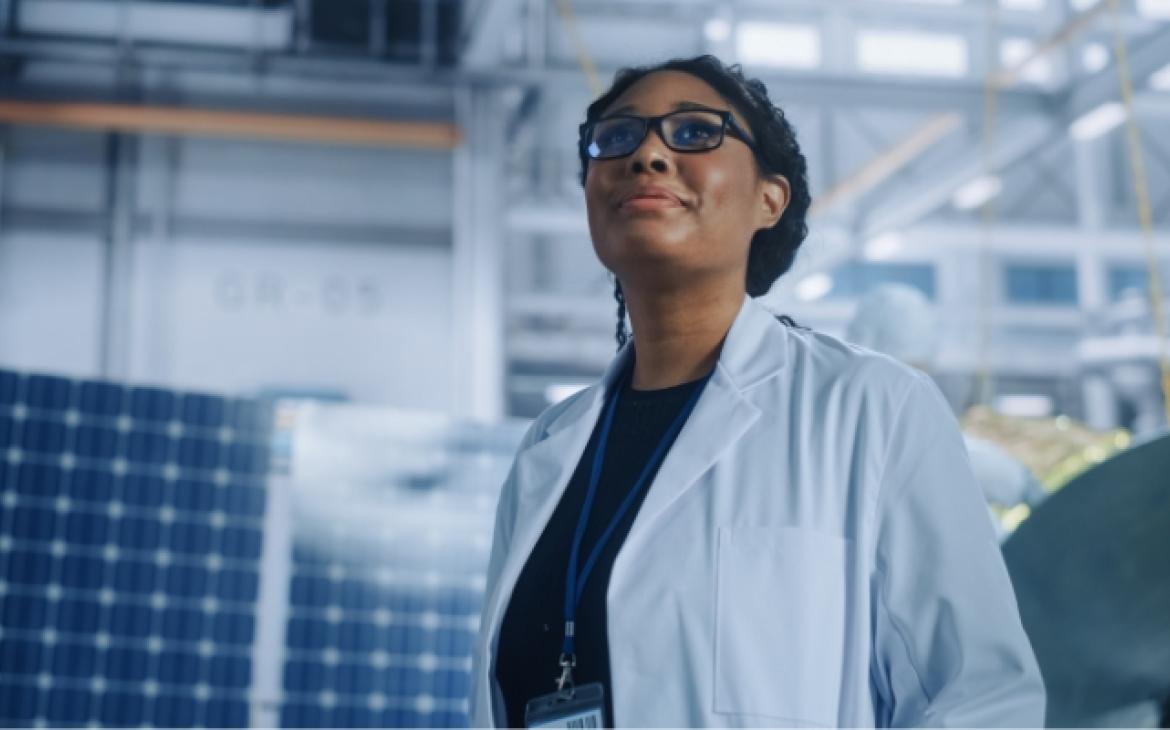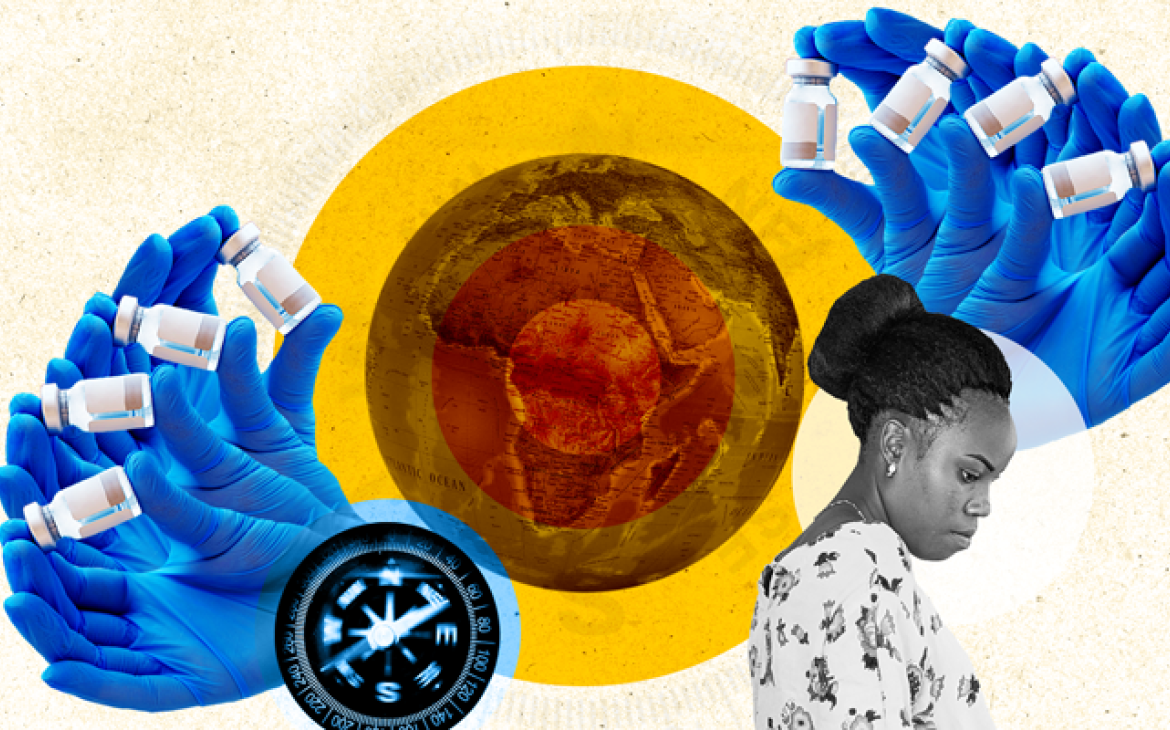
By Serena Piervincenzi
Helping women advance globally is my career goal, and I plan to study international affairs and women’s studies in college. So I was very excited when my dad (USP’s CEO Ron Piervincenzi, PhD) offered to let me accompany him on one of his international business trips, to a location of my choosing. I asked to join him on a trip to Africa, but a bonus feature was that, during the trip, I was invited to be his guest at two USP events that are all about empowering women and girls.
The events were part of two programs led by USP-Ghana’s Center for Pharmaceutical Advancement and Training (CePAT): CePAT Women in Science Exchange (WISE), which encourages African girls to pursue careers in science and health; and CePAT Honors, which recognizes African women leaders in global health and engages these leaders as mentors to the young WISE participants. Women in science are almost unheard of in Africa, so very few young women consider science careers.
Like me, the girls who participate in CePAT WISE are high school age, so we’re all looking to our futures. The girls I met at the program are an inspiration. They are confident, proud to have come so far in their education, and passionate about achieving their dreams. They are so glad to be part of the CePAT WISE program. Many of them want to be doctors, and they were excited to hear from so many role models—the women health leaders honored by USP, past CePAT Honors recipients, USP staff and leadership, and others—who all shared their experience and offered words of advice to the girls at the two events.
Hearing from a woman who has become President of the Republic of Mauritius—Her Excellency Ameenah Gurib-Fakim, PhD—made a powerful impression on all of us. She is not only President of her country, she is a leading scientist recognized around the world for coauthoring Africa’s first compendium of herbal medicines. The other women honored by USP are leaders of national departments of health and agencies that regulate medicines in South Africa, Zimbabwe, and Liberia. These women are proof to young women everywhere that it is possible not only to become what you want but to rise to the very top of the field.
However, their remarks also showed how similar the struggles are for women all across the globe interested in even studying science. The President of Mauritius recalled that, when she was our age, she asked her school counselor about going to college to study science, and he told her there was “no room for girls in science.” Recently, I had a similar, though less extreme, experience when I spoke with my school counselor. A male friend was with me, and I was taken aback when, instead of empowering me, the counselor suggested I could turn to my friend for help with science, even though he and I make similar grades. So my African sisters and I have this in common.
For girls everywhere, as we grow up, we learn from people around us. If we have no role models, and no one rooting for us to pursue our dreams, then it’s hard to be brave and push against forces like that. We doubt ourselves and wonder if we’re smart enough. But when we see women who work in medical or science fields, we’re more likely to think, “She did it. I can, too.” (This year, I had my first female science teacher. She calls on the girls in class, not just the boys—and I have an A in science for the first time.)
As closing thoughts, the CePAT WISE girls and I would say to women scientists: You can’t tell your story enough. Don’t hold back from publishing. Talk to media, talk to girls. Nothing you say about your journey will be too much. It’s so important for younger women to see and hear you. To men, we would say, you can help by listening to women when they share their ideas and aspirations.
I think girls everywhere would like to see the day when we do not talk about great women scientists but just great scientists. Being a woman shouldn’t make your achievements any more or less impressive. We would like to see the day when girls don’t have to fight harder just to break into the careers they want. We need men and women in science. If only half the population contributes to science, we won’t progress nearly as fast.
|
Observations on CePAT WISE from Student Participants In early 2017, USP-Ghana convened female undergraduate and high school science students from its CePAT WISE program, as well as 2017 CePAT Honors recipients and global health professionals from across Sub-Saharan Africa. The gathering facilitated mentee-mentor relationships to spark student aspirations for careers in pharmaceutical regulation and manufacturing. These exchanges help motivate and prepare the next generation of medicine quality champions to support Africa’s expanding pharmaceutical industry. “I really enjoyed this program. I’m really happy to be here and be part of it. This program has really helped me—I was a shy person.” — Edna Korkor Narh, Accra High School “I enjoyed every bit of it. I was inspired. I was encouraged when our mentors spoke, especially the President of Mauritius. I like the way she has special courage. [She told us] to work hard and be determined in whatever we do, and we will achieve our aims and goals in life.” — Sylvia Tagoe, Accra High School “I’ve learned there are no boundaries. As a woman, I can move anywhere if I’m ready and I work very hard.” — Adjei Caroline, Accra High School |
The author is a high school junior and daughter of USP CEO Ron Piervincenzi, PhD.


